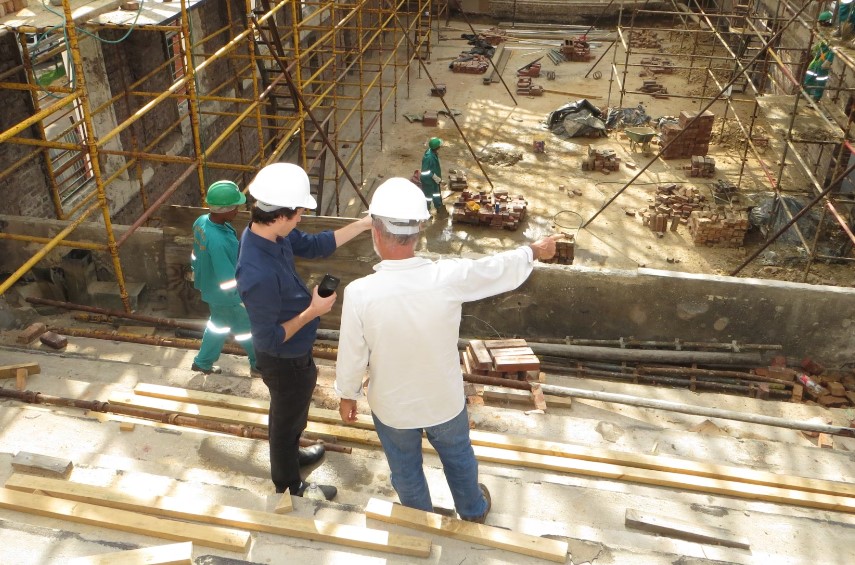Not every issue on a construction project feels like a legal problem at first. A delayed payment, a vague contract clause, or a pushy email from a client might seem like part of the job. But sometimes, these small signs are warnings.
Construction moves fast, and legal mistakes can cost more than just time. Many business owners wait too long to ask for help, thinking they can sort it out themselves. In some cases, that works. In others, it doesn’t.
The tricky part is knowing when to bring in someone who speaks the legal language for you. If you’ve ever had doubts but weren’t sure what to do next, this is where it starts to make sense. Let’s look at when that call is worth making.
Payment Delays or Missing Payments
When a client doesn’t pay on time—or stops responding—it’s more than just frustrating. In Texas, there are specific deadlines for filing liens or sending notices. Missing those can mean losing your right to collect what you’re owed.
If payment is late and your usual reminders aren’t working, it’s time to take the next step. A lawyer can help you move fast, file the right documents, and push for results without losing more time.
This doesn’t mean heading straight to court. Sometimes, the right letter from an attorney is enough to get things moving. Waiting too long, though, can close the door on your options.
Contracts That Feel Unclear or One-Sided
Many problems in construction start with unclear contracts. Maybe the terms are vague. Maybe the risk seems to fall entirely on you. Or perhaps you are not even sure what a few parts mean. That’s a red flag.
Before signing any agreement, it’s important to fully understand what you’re committing to. If something feels off or if you are unsure about a clause, don’t ignore it. Simply call for legal help. They review terms, explain legal language in plain English, and point out what could become a problem later.
Moreover, many Texas Construction Attorneys also help with drafting solid, fair agreements—from subcontractor deals to full project contracts. This way, you can avoid gaps that lead to conflict later and make sure both sides are clear on their responsibilities from day one.
Someone Threatens Legal Action Against You
If you receive a formal complaint, demand letter, or legal threat, take it seriously. Ignoring it doesn’t make it go away. Staying silent can sometimes make things worse.
Even if you believe you’re in the right, it’s important to respond the right way. A construction lawyer can look over the letter, explain your position, and help prepare your next move.
This isn’t just about defending yourself. It’s about protecting your reputation, avoiding court when possible, and making sure your side of the story is heard. Getting help early can stop things from dragging on or getting more expensive.
Your Business Is Expanding Fast
Growth sounds like a good thing—and it usually is. But with more projects, more workers, and more contracts, the risks also grow. Many business owners get caught off guard during busy periods.
If you’re taking on bigger jobs or hiring new crews, it’s smart to get legal help to build the right foundation. This means solid contracts, clear policies, and steps that keep your company protected.
It’s not about overthinking every detail. It’s about making sure you’re not leaving gaps that could cause trouble later. Getting ahead of these issues saves time and avoids stress when your plate is already full.
You are Working with New Subcontractors or Vendors
Working with new people can be great, but it also opens the door to new risks. Maybe you’ve never signed a subcontractor agreement before. Or maybe the vendor you’ve hired has terms that seem unclear.
Don’t wait until something goes wrong to check if you’re covered. Contracts should clearly explain who is responsible for what. That includes timelines, materials, and payments.
A lawyer who works with builders and contractors knows what details matter. They can either draft or review documents, so you know exactly where you stand. This makes it easier to handle any disagreements—and helps avoid them in the first place.
Wrapping Up
You don’t need to wait for a crisis to speak to a lawyer. Legal support in construction is often about prevention, not just reaction. So, if any of the above-mentioned signs feel familiar, it may be time to look into your options.
Don’t hesitate! Choose someone who understands how construction works because they can help keep your projects running smoothly without added stress.


